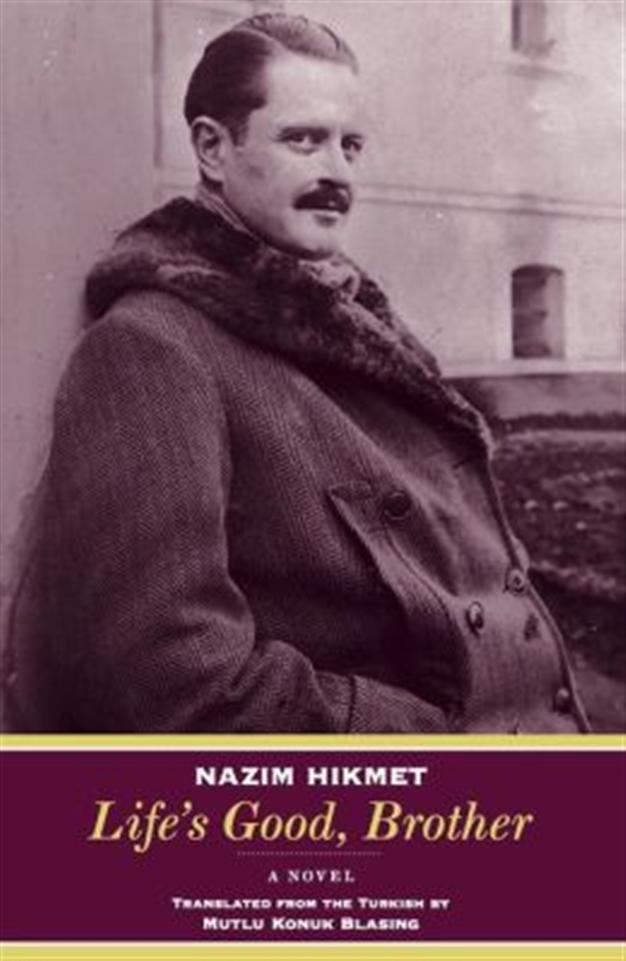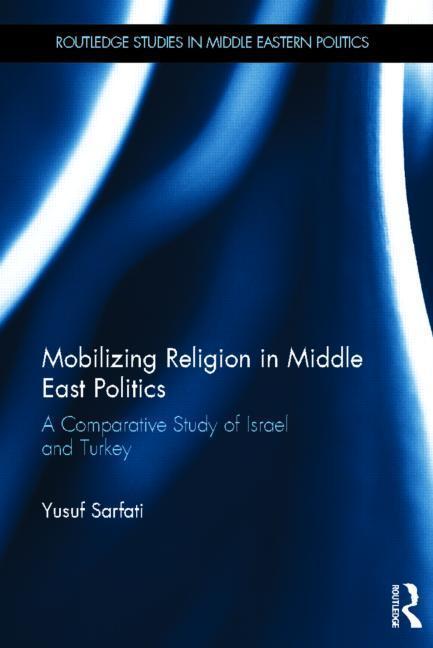‘Life’s Good, Brother’ by Nazım Hikmet
William Armstrong - william.armstrong@hdn.com.tr
 ‘Life’s Good, Brother’ by Nazım Hikmet (translated by Mutlu Konak Blasing) (Persea, 2013, 25TL, pp 191)
‘Life’s Good, Brother’ by Nazım Hikmet (translated by Mutlu Konak Blasing) (Persea, 2013, 25TL, pp 191)“Life’s Good, Brother” is one of the few prose works in Nazım Hikmet’s oeuvre, but it is widely considered to be the crowning achievement of the monumental poet’s late exile years. It is a kind of fictionalized autobiography, with the aged Hikmet looking back in exile, creatively reinterpreting and reshaping the material of his life, mixing, rearranging and compressing episodes from his own experience across time and place. Biography also perhaps accounts for the work’s breathless 190-page urgency, as he was seriously ill while writing it in 1962 and knew that he didn’t have long left to live.
The book’s central thread is set in 1925 İzmir, based around the character of Ahmet, a young Communist Party member with a mission to set up an underground printing press in İzmir, (literally a typewriter hidden under a trapdoor in the earthen floor of a stone cottage). Shortly after settling down to work he is bitten by a possibly rabid dog, but is unable to return for shots at the rabies clinic in Istanbul, as a 15-year political sentence has been passed against him in absentia. He therefore has to keep anxious count of the 40 days of the incubation period by chalking up lines on the wooden door of the cottage where he is hiding out. He has stocked up on sleeping pills as he waits and watches for rabies symptoms; the alternative to suicide is to be shot dead with his own gun, which he has handed over to his comrade-roommate İsmail to use if necessary.
This story interweaves with scenes from Ahmet’s doomed relationship with a Russian woman as a student in Moscow in the early 1920s, as well as recollections of his escape from Istanbul to join the nationalist resistance forces in the Turkish War of Independence in 1921. It was during the latter experience that he had his first, formative exposure to the poverty, oppression and disease of Anatolia, which contributed to his disillusionment with the nationalists and his “conversion” to Communism. Also interspersed are episodes from İsmail’s later time in prison, when he was kept in solitary confinement and brutally tortured alongside many other “threats to the state.”
As well as being temporally fluid, the book is narratively original too. It not only jumps years in the space of one page, but it also shuttles between the third and first person within paragraphs, with Ahmet being referred to as both “Ahmet” and “I.” This has a deliberately disorientating effect, but it also serves another key purpose. As Mutlu Konak Blasing – who did an excellent job with the translation - writes in the introduction to this volume, the technique of redistributing the self “disperses the autobiographical ‘I’ among fictional characters that are amalgams of different sides not only of Nazım but also of the various life stories of people he knew.” This was how Hikmet attempted to simultaneously tell one man’s story and the story of a whole generation, artistically uniting his own earlier struggles with those of his contemporaries. After all, as he had written earlier, he always demanded that his work “contain multitudes.”
Despite all the shifting between time and perspective demanding the reader’s careful attention, “Life’s Good…” is riveting throughout. Still, it is unmistakably the work of the rugged materialist who defined Hikmet’s poetry, and its characters are not much more than paper-thin symbols with little-explored interior lives. Though Ahmet sits in a hut contemplating his possible impending death for 40 days, the book offers little in the way of deep internal reflection other than a few conventional moments. That is probably a conscious choice, leaving it up to readers to do the work and note the thematic echoes resounding across years and individuals. Today, it’s the futility of the characters’ suffering that perhaps feels most striking; for all their passion and zeal, their struggles ultimately came to less than nothing. As Hikmet reportedly said after completing the novel, restless in exile and just a year before his death: “What useless battles we fought, what needless reasons we went to prison for – and what did we accomplish?”
Notable recent release

‘Mobilizing Religion in Middle East Politics: A Comparative Study of Israel and Turkey’ by Yusuf Sarfati
(Routledge, $85, pp 256)
William Armstrong,
 ‘Life’s Good, Brother’ by Nazım Hikmet (translated by Mutlu Konak Blasing) (Persea, 2013, 25TL, pp 191)
‘Life’s Good, Brother’ by Nazım Hikmet (translated by Mutlu Konak Blasing) (Persea, 2013, 25TL, pp 191)